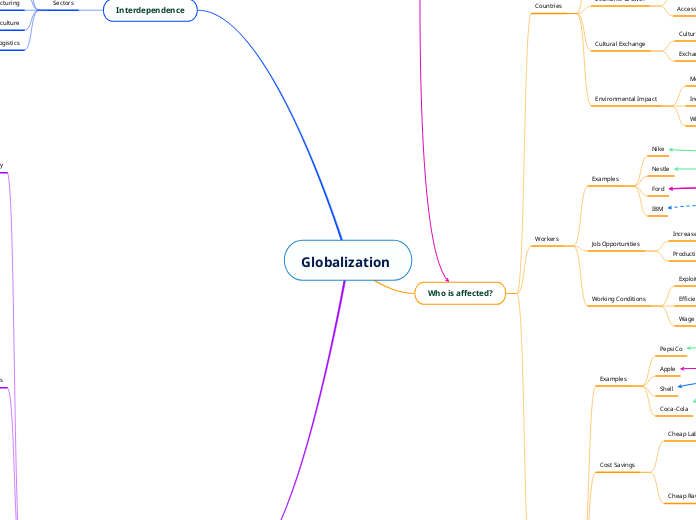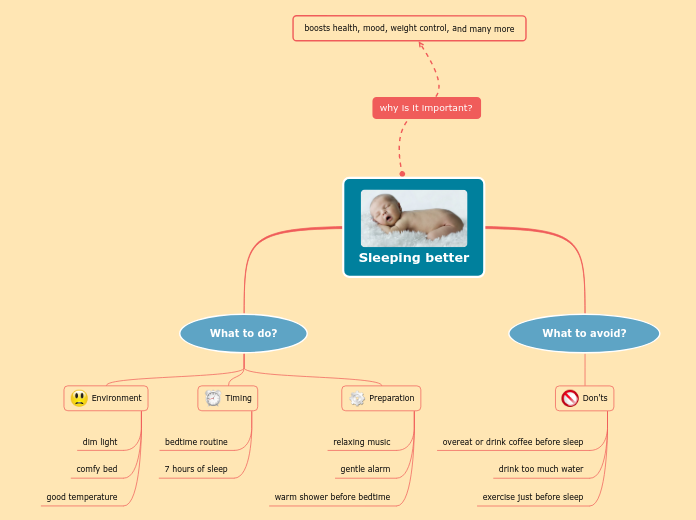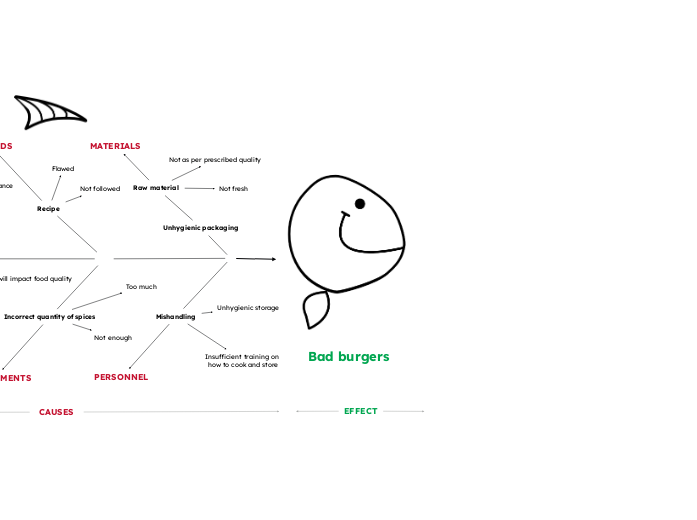Everyone, from workers, countries,
companies, and consumers all contribute
and depend on each other in order to create
a functioning and productive economy. These
are the backbone of the world and are a main
way in how globalization affects us.
Every sector relies on each other, regardless
of the business, target market, or place of
operation. This is how the economy generates
revenue, and if a vital sector were to suddenly
disappear, the resulting damage would be
catastrophic. This is interdependence.
Who Relies on Who?
Each Other
Globalization
Factors Affecting a Country's Global Business Participation
Currency Exchange
Exchange rate stability (the stability
of a country's currency) will affect it's
ability to do international business.
Countries With The Weakest Currencies
Guinea (GNF)
Vietnamese Dong (VND)
Iran (IRR)
Russia (RUB)
Countries With The Strongest Currencies
Switzerland (CHF)
European Union (EUR)
United Kingdom (GBP)
United States (USD)
Market Size
The size of a market (a country and its potential
buyers) will affect and attract foreign business
towards itself.
Small Markets
Libya
Iceland
Kazakhstan
Large Markets
Indonesia
Infrastructure
Adequate infrastructure, such as transportation,
logistics, and communication are crucial for efficient
global trade and a country's ability to participate in
international business.
Countries With Developing/Undeveloped Infrastructure
Laos
Mozambique
D.R. Congo
Countries With Developed Infrastructure
Japan
South Korea
Trade Policies
Government policies such as tariffs,
trade agreements, and regulations,
will influence the country's ability to
participate in international business.
Countries With Open Trade Policies (With the US)
Israel
Saudi Arabia
Countries With Restrictive Trade Policies (With the US)
Iran
Cuba
North Korea
Economic Stability
The more stable a country,
the higher potential it has to attract
foreign investments
Unstable Countries
Myanmar
Venezuela
Syria
Central African Republic
Russia
Stable Countries
Germany
Jordan
Interdependence
Sectors
Logistics
Agriculture
Manufacturing
Information Technology
Economic
Who is affected?
Companies
Expended Market Access
Developing Regions
Africa
South Africa
Asia
Developed Regions
Europe
Oceania
North America
Increased Competition
Hyundai
Samsung
Saturated Markets
Drives Innovation
Cost Savings
Cheap Raw Materials
Corn
Gold
Oil
Lithium
Copper
Cheap Labour
Coca-Cola
Shell
Apple
PepsiCo
Workers
Working Conditions
Wage Suppression
Efficient Workers
Exploitation
Job Opportunities
Productive Workforce
Increased Employment
IBM
Ford
Nestle
Nike
Countries
Environmental Impact
Wildlife Destruction
Increased Resource Depletion
More Pollution
Cultural Exchange
Exchange of Cultures
Cultural Integration
Economic Growth
Access to Global Markets
Increased Trade
Examples
Brazil
China
India
United States
United Kingdom
Canada









